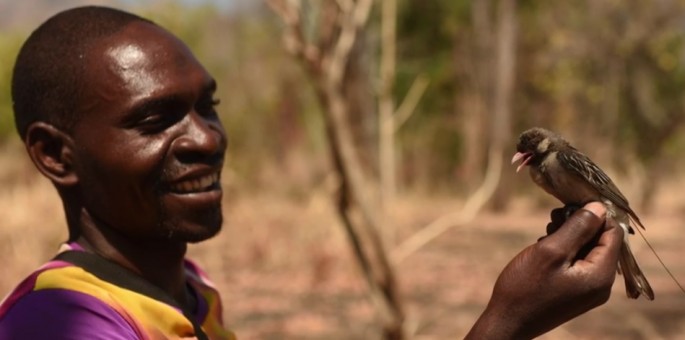Scientists have found out how tribesmen in Africa possess a unique relationship with a native brown bird, revealing a mutualism between animals in the wild.
Researchers from the University of Cambridge discovered how the Yao people of Mozambique apparently developed a special language with some bush birds, where they are known as "honeyguides" thus forming a hunting pact that also benefits humans and the birds.
This relationship works as the birds guide these tribesmen into the hives that are hidden in tree crevasses, where the birds then wait as the humans smoke out the bees from their nests for the hives to be cracked open. These birds then wait after the humans take the honey, as they forage for the wax.
During the history of man, animals have been used as hunting partners such as dogs and falcons, however relationships forged with wild animals are extremely rare, as other cases only involve with dolphins herding fish and even whales.
According to bird ecologist, Claire Spottiswoode from Cambridge University, this relationship involving free living wild animals and humans, probably had these interactions evolved via natural selection, during the course of possibly more than 100,000 years.
The first recorded event of these honey guides was observed by a missionary in 1588, while living with tribesmen in eastern Africa. In this new study, recent observations confirm this two way communication among the birds and tribesmen.
Tribesmen apparently summon the birds with a unique call, which can be described as a loud trill that is then followed by a grunt. These birds will give a reply that is also distinct, as they flutter from each tree, pointing the hidden hives to the humans.
Researchers recorded these calls as they played it back to see how the birds will respond. They concluded that this type of tribesmen call was twice as effective in receiving help from the birds and thrice as effective in finding honey.
This new study is published in the journal Science.




























